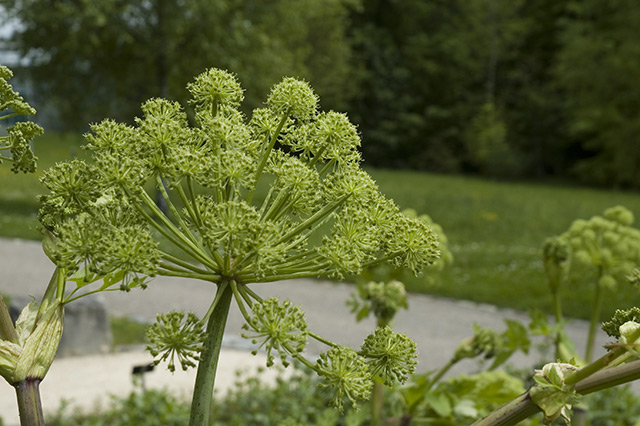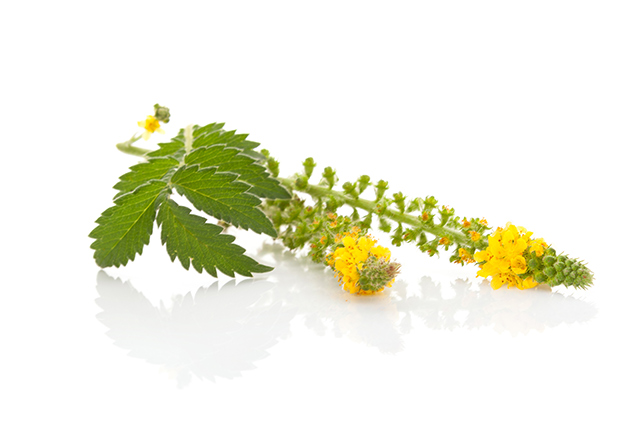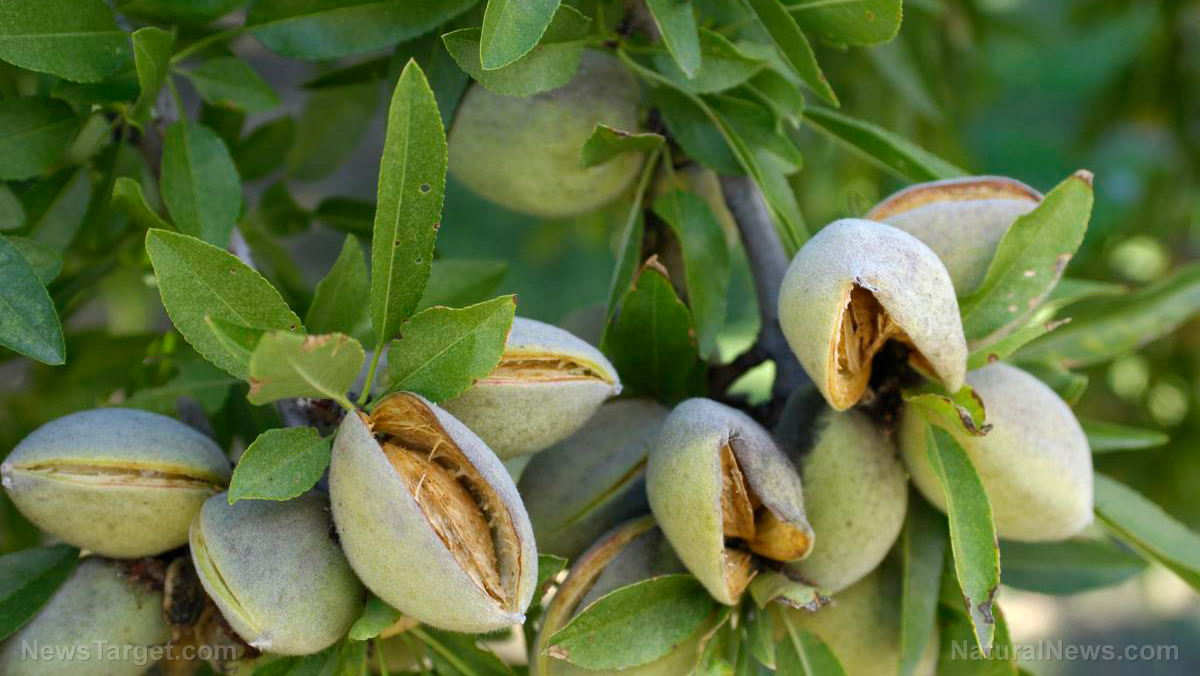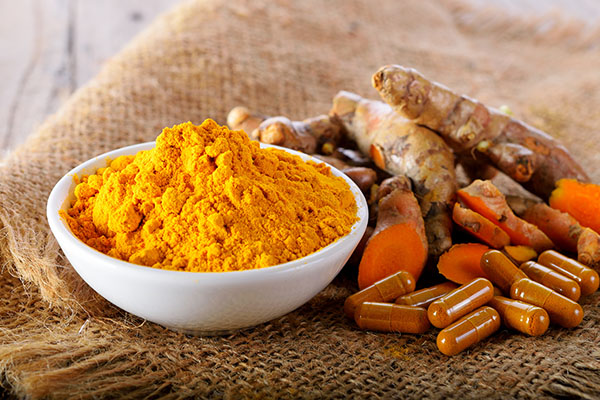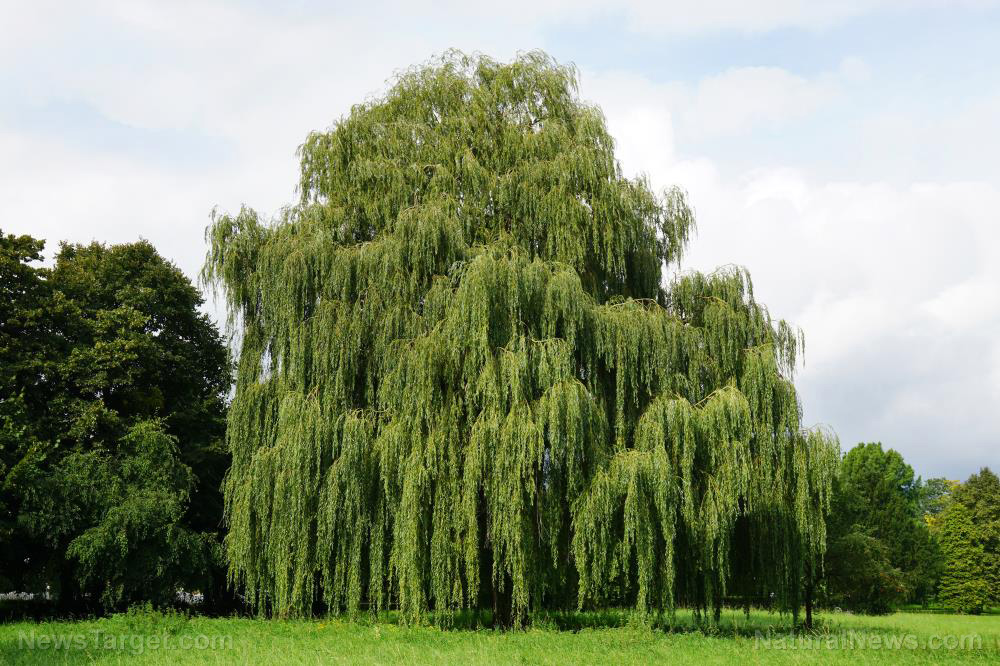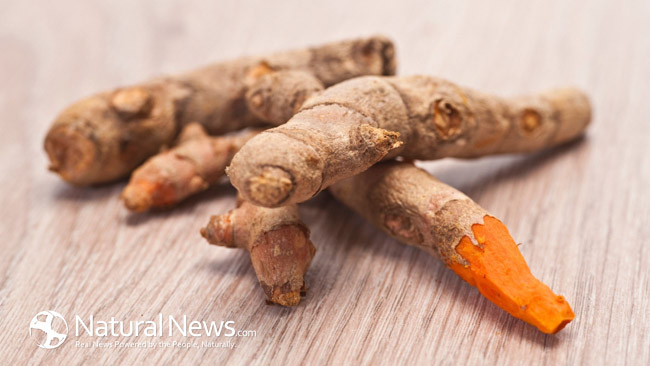7 Powerful allergy remedies backed by science
05/21/2025 / By Lance D Johnson

For millions of people, seasonal allergies bring sneezing, congestion, and relentless discomfort. While pharmaceutical companies push antihistamines and steroids as the only solution, nature offers powerful alternatives that work with the body — not against it. From ancient herbal remedies to cutting-edge enzyme therapy, these natural solutions can help modulate immune responses, reduce inflammation, and provide lasting relief without harmful side effects.
Key points:
- Black cumin seed oil has potent anti-inflammatory and immune-modulating properties to help over-reactive allergic immune responses.
- Serrapeptase breaks down mucus and reduces histamine responses, soothing the respiratory tract.
- Mullein soothes respiratory irritation and acts as a natural expectorant, and can be made into a tincture.
- Marshmallow root forms a protective layer in the throat, easing coughs, and is best used as a tea.
- Quercetin stabilizes mast cells to prevent excessive histamine release.
- Stinging nettle acts as a natural antihistamine, and its nutrition profile strengthens the entire body.
- Probiotics support gut health, which is crucial for immune regulation.
Seven natural remedies for allergies
Black cumin seed oil: A potent anti-allergy powerhouse
Black cumin seed oil (Nigella sativa) has been used for centuries in traditional medicine, and modern research confirms its effectiveness for allergy relief. A 2011 study published in the American Journal of Otolaryngology found that black cumin seed oil significantly improved allergy symptoms, including nasal congestion, itching, and sneezing, in participants with allergic rhinitis. The oil contains thymoquinone, a compound that reduces inflammation and stabilizes mast cells, preventing excessive histamine release.
Serrapeptase: The enzyme that dissolves mucus and calms inflammation
Serrapeptase, an enzyme derived from silkworms, has been shown to break down mucus and reduce inflammation in the respiratory tract. A 2013 study in the Journal of International Medical Research demonstrated that serrapeptase effectively reduced nasal mucus secretion and improved breathing in patients with chronic sinusitis. Unlike decongestants, which can cause rebound congestion, serrapeptase works naturally to clear airways without dependency risks.
Mullein: Nature’s respiratory soother
Mullein (Verbascum thapsus) has been used for centuries to ease respiratory conditions. Its anti-inflammatory and expectorant properties help clear mucus and soothe irritated airways. A 2022 study in highlighted mullein’s ability to reduce cough and bronchial irritation, making it an excellent choice for allergy-related respiratory symptoms.
Marshmallow root: The throat protector
Marshmallow root (Althaea officinalis) contains mucilage, a gel-like substance that coats the throat and respiratory tract, providing relief from irritation and dry coughs. Research in Complementary Medicine Research found that marshmallow root extract significantly reduced throat irritation and coughing in participants with upper respiratory discomfort.
Quercetin: The natural antihistamine
While not as fast activing as over the counter antihistamine pills, quercetin is a natural alternative that doesn’t come with drowsiness and other side effects. Quercetin, a flavonoid found in apples, onions, and berries, stabilizes mast cells and prevents excessive histamine release. A 2016 study in Molecules confirmed quercetin’s ability to reduce allergic responses by inhibiting inflammatory pathways. Unlike synthetic antihistamines, quercetin works preventatively, making it ideal for long-term allergy management.
Stinging nettle: A natural histamine blocker
Stinging nettle (Urtica dioica) has been used traditionally to combat allergies. A 2000 study in Phytotherapy Research found that nettle extract reduced symptoms of allergic rhinitis by blocking histamine receptors. Its anti-inflammatory properties make it a powerful alternative to over-the-counter allergy medications.
Probiotics: Strengthening the gut-immune connection
A healthy gut microbiome is essential for proper immune function. Research in Frontiers in Immunology showed that probiotics, particularly Lactobacillus and Bifidobacterium strains, can reduce allergy symptoms by modulating immune responses. Incorporating probiotic-rich foods or supplements may help prevent overactive allergic reactions.
While allergies can be debilitating, natural remedies offer safe and effective relief without the side effects of conventional drugs. From black cumin seed oil to probiotics, these solutions address the root causes of allergies—immune dysregulation and inflammation—rather than just masking symptoms. By embracing these time-tested and scientifically validated alternatives, allergy sufferers can reclaim their health naturally.
Sources include:
Submit a correction >>
Tagged Under:
allergy relief, alternative medicine, antihistamine, black cumin seed oil, gut health, herbal medicine, histamine, holistic healing, immune health, inflammation, Marshmallow Root, mullein, natural remedies, probiotics, quercetin, respiratory health, seasonal allergies, serrapeptase, sinus relief, Stinging Nettle
This article may contain statements that reflect the opinion of the author
RECENT NEWS & ARTICLES
COPYRIGHT © 2017 NATURAL HEALTH NEWS




